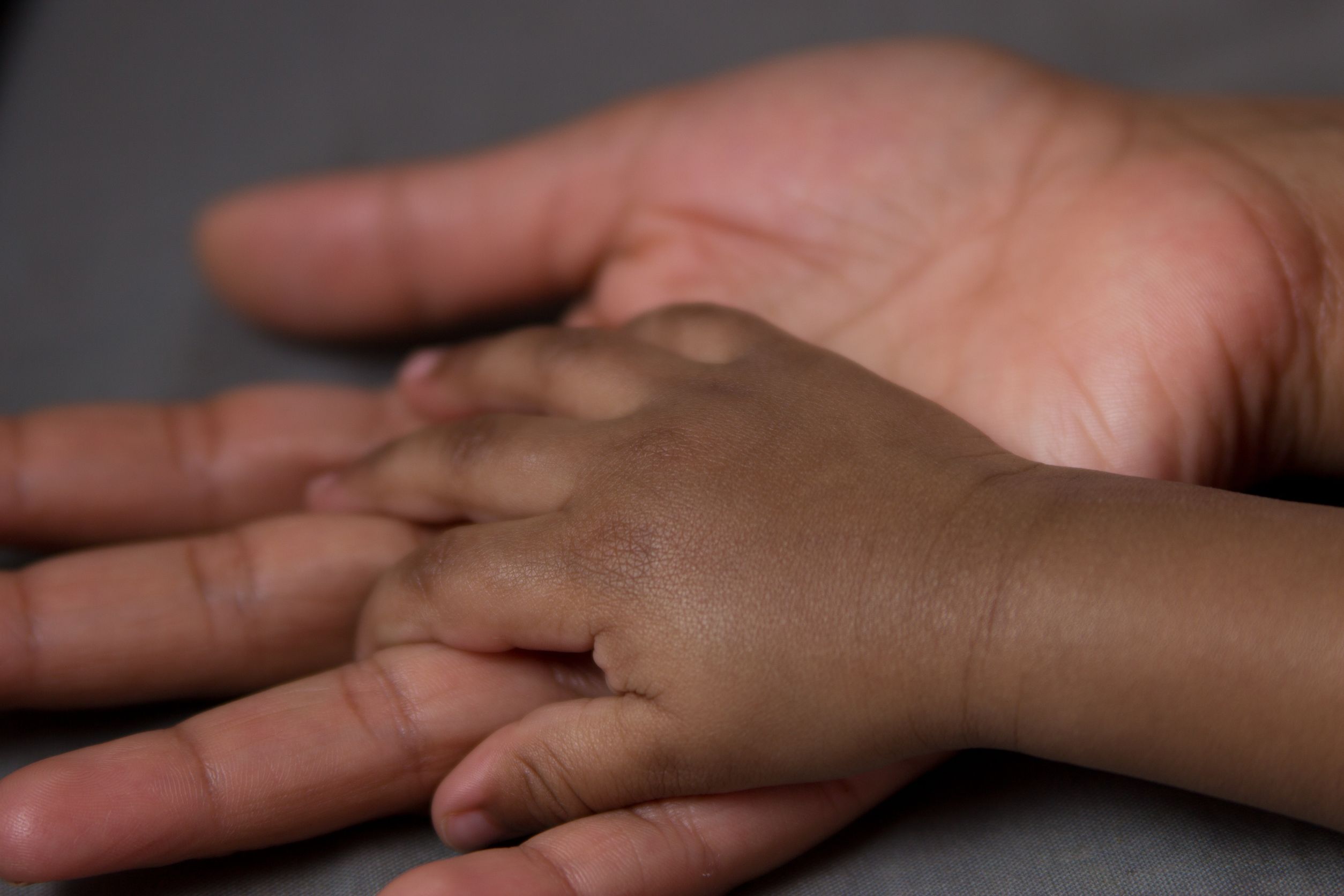
The Society for Family Health (SFH) has said that the world has made little progress in saving women from preventable deaths in pregnancy and childbirth since 2016.
SGF Managing Director, Omokhudu Idogho, who disclosed this at the Dissemination of the Delivering Innovation in Self–Care (DISC) 1.0 project in Abuja, said one in four women cannot make healthcare decisions and nearly one in ten are unable to make their own choices about whether to use contraception or not.
He stated that the prevention of unintended pregnancies contributes to a reduction in maternal mortality and with the advent of self-care, women have been empowered to cater to their Sexual and Reproductive Health (SRH), reducing unnecessary burden for the healthcare worker and strengthening the healthcare system, even at the community level.
According to him, the introduction of Depot Medroxyprogesterone Acetate (DMPASC), a self-injectable contraceptive, has significantly expanded the options available to Nigerian families for controlling the number and spacing of their children.
Idogho said that the DMPASC added to the array of modern family planning methods, enhancing the Federal government’s efforts to reduce maternal mortality in the country.
He noted that self-care in family planning has led to progress in Nigeria, with the advent of DMPASC marking a notable increase in the prevention of unwanted pregnancies, an innovation that has made family planning more convenient and decisions regarding it easier to make.
He said: “In Nigeria today, the wide range of modern family planning methods, especially the introduction of self-injection of the Depot Medroxyprogesterone acetate (DMPASC) now allows women and their spouse/partner attain the desired number of children they want and to determine the spacing of their pregnancies.”
Idogho noted that the Society for Family Health, in partnership with Population Services International, through the DISC 1.0 project funded by the Children Investment Fund Foundation (CIFF), has proven for the last four years, the hidden power and capacity of the Nigerian primary health care system, the empowered health care provider and most importantly the capability of the average Nigerian woman to take charge of their SRH and better contribute to growing the economy and more importantly living healthier lives.’
He said that the DISC project was launched in three states – Lagos, Oyo and Niger in 2020 and scaled up through its catalytic impact to reach 15 states by August 2022 including Kaduna, Plateau, Nasarawa, Kwara, Ogun, Ondo, Abia, Enugu, Delta, Cross Rivers, Rivers and Akwa Ibom.
The MD explained that the five scope of intervention also expanded beyond demand creation focus to include service delivery and health system strengthening support.
He added that the project which was funded by the Children’s Investment Fund Foundation (CIFF) the project has supported women to assume greater power and control over their sexual and reproductive health achieving its vision of bending the curve on uptake and continuation of self-injectable contraception by ensuring that all women who voluntarily choose this method have frictionless access and support through their user journey.
“Another notable innovation is empathy-based counseling – directed at making provider-client interaction more empathetic and to address client anxieties about self-injection more effectively have been used to train a significant number of health care workers and family planning providers to provide community-based interventions in over 1,000 health facilities across 15 states. Its direct and catalytic impact has scaled national attention for SI markets, driving it from 13 per cent – 40 per cent according to the National Health Management Information System (NHMIS),” he added.






